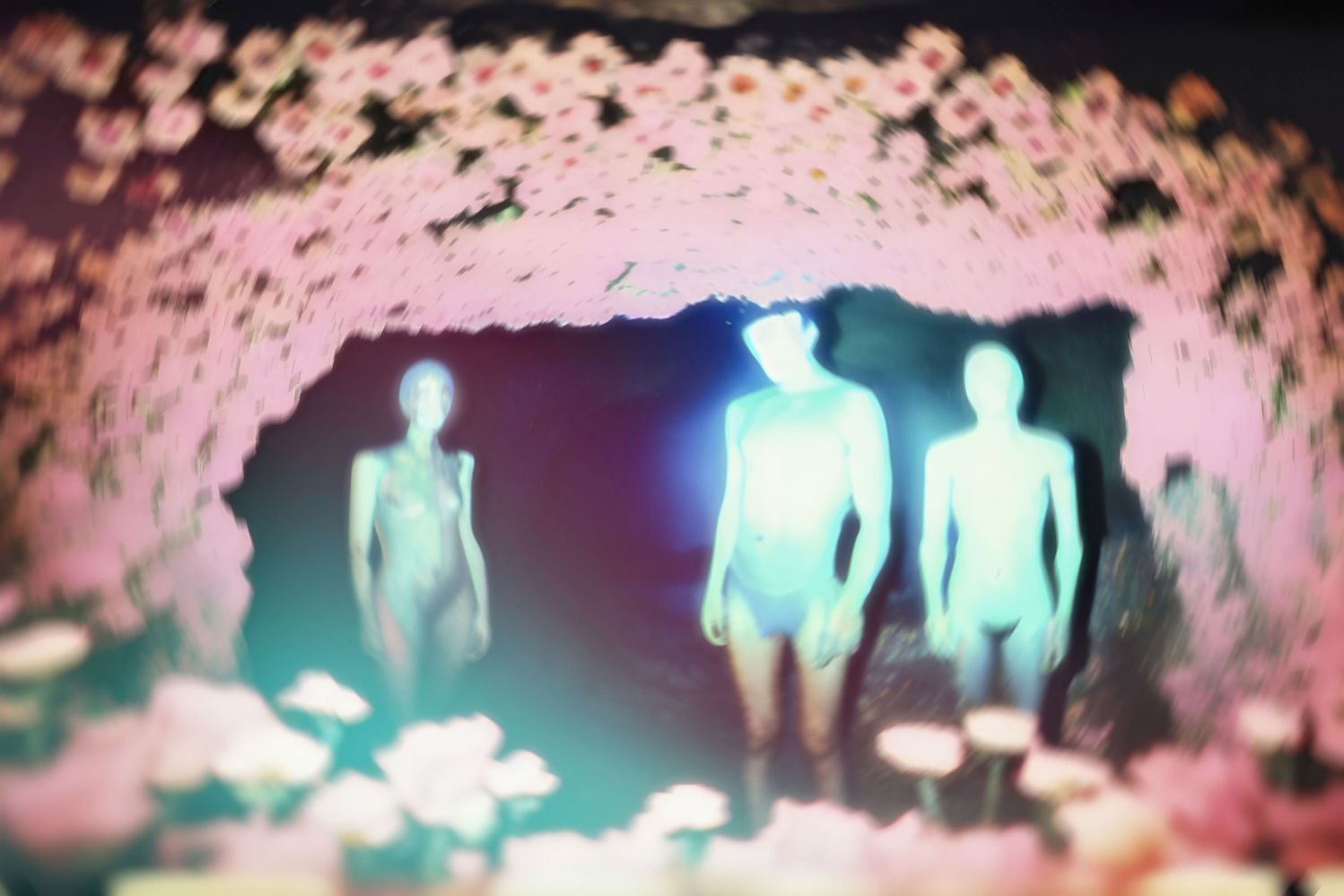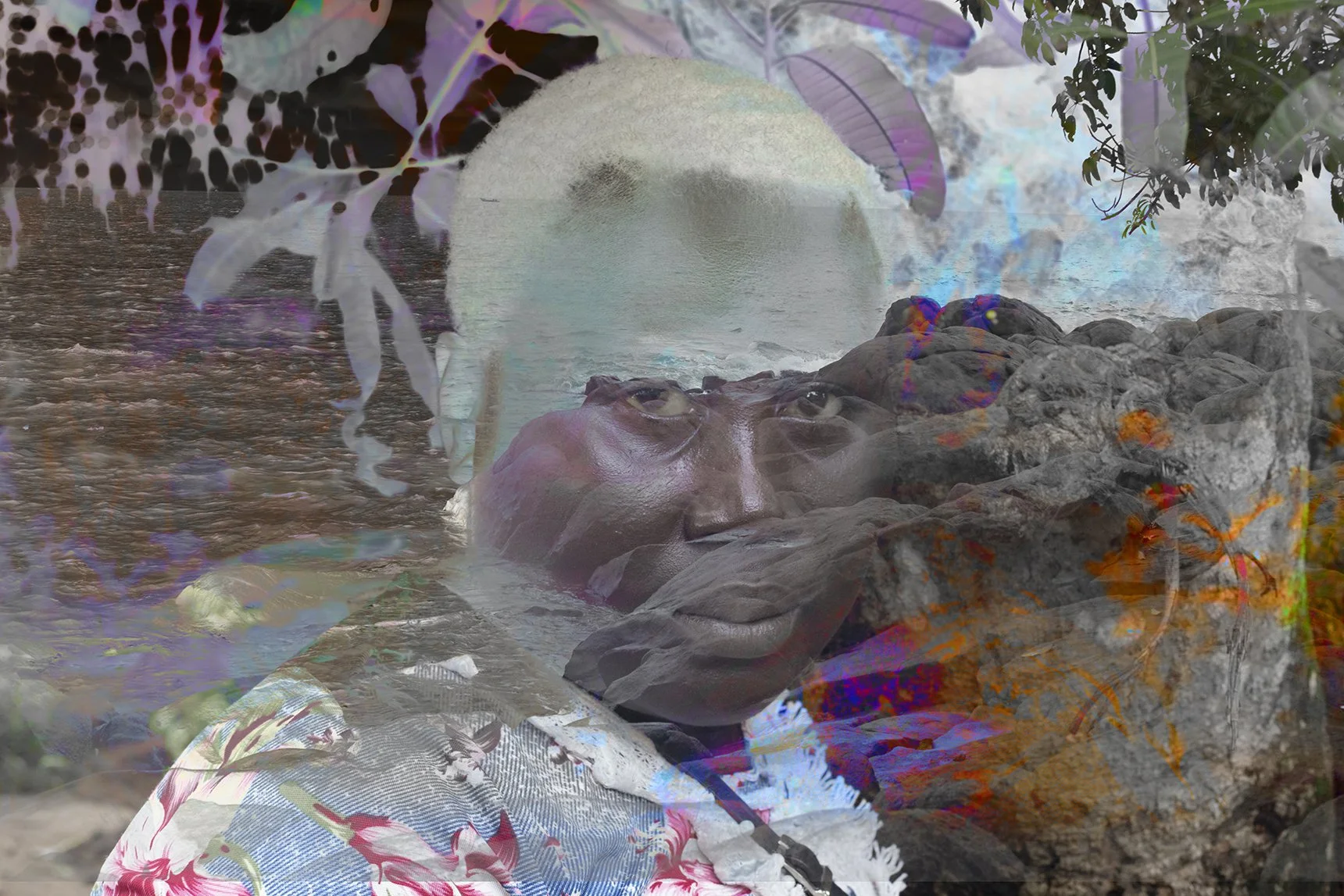
Fotofestiwal | Łódź
Fotofestiwal | Łódź
12. – 22. Juni 2025
Speak The Wind © Hoda Afshar
Was glauben die Menschen und wie ordnen sie ihre Vorstellungen von der Realität? Welche Ordnungen schaffen sie, um das komplexe Universum zu verstehen und zu zähmen?
Unser Leben wird von den verschiedenen Systemen geprägt, mit denen wir versuchen, unseren Alltag zu ordnen, aber sie bringen oft auch Unterdrückung und Kontrolle mit sich. Ihr Handeln, wenn auch manchmal unsichtbar, bestimmt unsere Entscheidungen und die Art und Weise, wie wir uns die Welt erklären und was wir als Norm betrachten.
Die zum Hauptprogramm eingeladenen Künstler erforschen unsere Mechanismen, mit denen wir die Welt betrachten, und untersuchen die Systeme, in denen wir funktionieren – von der globalen Vernetzung der kapitalistischen Wirtschaft über Machtsysteme, große historische Erzählungen und atypische religiöse Überzeugungen bis hin zur Suche nach kosmischen Zeichen im alltäglichen öffentlichen Raum.
Metamorphosis, Perception © Claudia Fuggetti
Que croient les gens et comment organisent-ils leurs idées sur la réalité ? Quels ordres créent-ils pour comprendre et apprivoiser l'univers complexe ?
Nos vies sont façonnées par les différents systèmes avec lesquels nous essayons d'ordonner notre quotidien, mais ils sont aussi souvent porteurs d'oppression et de contrôle. Leur action, parfois invisible, détermine nos décisions, la manière dont nous nous expliquons le monde et ce que nous considérons comme la norme.
Les artistes invités au programme principal explorent nos mécanismes de perception du monde et examinent les systèmes dans lesquels nous fonctionnons, qu'il s'agisse de l'interconnexion globale de l'économie capitaliste, des systèmes de pouvoir, des grands récits historiques et des croyances religieuses atypiques, ou de la recherche de signes cosmiques dans l'espace public de tous les jours.
Anima © Mate Bartha
Cosa credono le persone e come organizzano le loro idee sulla realtà? Quali ordini creano per comprendere e domare il complesso universo?
Le nostre vite sono modellate dai vari sistemi con cui cerchiamo di ordinare la nostra vita quotidiana, ma spesso portano anche oppressione e controllo. La loro azione, sebbene a volte invisibile, determina le nostre decisioni e il modo in cui spieghiamo il mondo a noi stessi e ciò che consideriamo la norma.
Gli artisti invitati al Programma Principale esplorano i nostri meccanismi di visione del mondo ed esaminano i sistemi in cui funzioniamo - dall'interconnessione globale dell'economia capitalista, ai sistemi di potere, alle grandi narrazioni storiche e alle credenze religiose atipiche, fino alla ricerca di segni cosmici nello spazio pubblico quotidiano.
Death By GPS ©Salvatore Vitale
What do people believe and how do they organize their ideas about reality? What orders do they create to understand and tame the complex universe?
Our lives are shaped by the various systems with which we try to order our daily lives, but they often also bring oppression and control. Their action, though sometimes invisible, determines our decisions and the way we explain the world to ourselves and what we consider to be the norm.
The artists invited to the Main Program explore our mechanisms of looking at the world and examine the systems in which we function – from the global interconnectedness of the capitalist economy, to systems of power, grand historical narratives and atypical religious beliefs, to looking for cosmic signs in everyday public space.
(Text: Fotofestiwal, Łódź)








